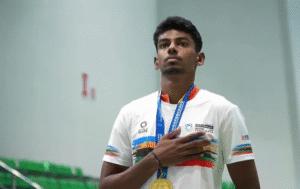Lord William Bentinck served as the first Governor-General of India from 1833 to 1835, following his tenure as Governor-General of Bengal from 1828. His administration is notable for significant social reforms, particularly the abolition of the practice of sati in 1829, which involved the self-immolation of widows on their husbands’ funeral pyres.
In April 2023, the BBC published an article titled “Sati: How the fight to ban burning of widows in India was won,” which revisits the efforts leading to the prohibition of sati. The piece highlights Bentinck’s decisive role in outlawing the practice, emphasizing the moral and humanitarian considerations that influenced his policy decisions.
Recent scholarly works have re-examined Bentinck’s tenure, focusing on his broader reform agenda, including educational initiatives and administrative changes. These analyses explore the complexities and motivations behind his policies, considering both the humanitarian and imperialistic aspects of his governance.
Bentinck’s reforms, especially the abolition of sati, have been subjects of extensive historical debate. While his actions were seen as progressive steps towards social reform, they also raise questions about colonial intervention in indigenous cultural practices. His tenure is often viewed as a period that set precedents for subsequent British policies in India, blending administrative efficiency with selective social engineering.







